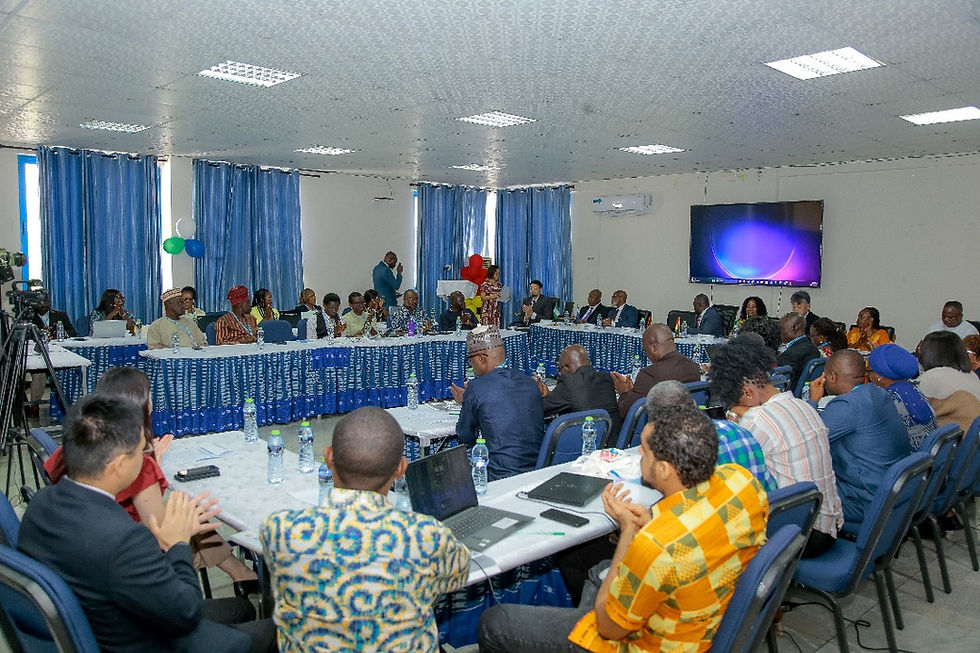Botswana outlines Anti-Corruption efforts, a journey of reflection, reform
- Think News Online
- May 9, 2024
- 2 min read

Priscilla Kedibone Israel, Deputy Director-General of Operations at Botswana's Directorate on Economic Crime (DCEC), recently addressed the pressing issue of mutual legal assistance and shed light on the nation's multifaceted approach to combating corruption.
In her remarks at a gathering focused on enhancing anti-corruption efforts, Israel likened mutual legal assistance to a daunting yet necessary endeavor, stressing the importance of collaboration in presenting properly authenticated and admissible evidence.
She emphasized the need for collective action in navigating this crucial aspect of international cooperation.
Israel then turned the spotlight on Botswana's own anti-corruption initiatives, highlighting the DCEC's legislative review, successful cases, and ongoing challenges.
Despite Botswana's past reputation as one of Africa's least corrupt nations, recent years have seen a decline in rankings, prompting introspection and a concerted effort to regain lost ground.
Acknowledging the criticism directed at Botswana's judicial system, including allegations of bias and captured courts, Israel outlined the government's response, including a mindset change campaign spearheaded by the President.
This campaign aimed to foster accountability, transparency, and a renewed commitment to combating corruption at all levels.
As part of its reform efforts, the DCEC embarked on a comprehensive rebranding exercise to rebuild public trust and confidence.
This included initiatives to increase public awareness of the DCEC's mandate and improve its effectiveness in investigations and corruption prevention.
One notable strategy employed by the DCEC is the implementation of lifestyle audits, leveraging legislation that recognizes living beyond means as a form of corruption.
This approach, coupled with a backlog eradication project, aims to address complex cases and expedite the process of justice.
Israel also shared insights into specific corruption cases, including the misappropriation of funds from the National Petroleum Fund and illicit enrichment by government officials.
These cases underscore the DCEC's commitment to holding perpetrators accountable and recovering ill-gotten gains.
Moreover, Israel highlighted the importance of international collaboration in combating corruption, citing a successful joint operation with South Africa to recover assets hidden abroad.
This collaborative approach, she emphasized, is essential in preserving the integrity of the anti-corruption effort.
Looking ahead, Israel outlined proposed amendments to Botswana's anti-corruption laws aimed at enhancing effectiveness, broadening the scope of offenses, and strengthening penalties.
These legislative reforms, combined with continued public awareness campaigns and targeted interventions, signal Botswana's determination to reclaim its reputation as a bastion of integrity and democracy in Africa.
Botswana's journey in combating corruption serves as a testament to the power of introspection, collaboration, and decisive action in tackling one of the greatest challenges facing nations worldwide.
Story by: Joshua Kwabena Smith








Comments